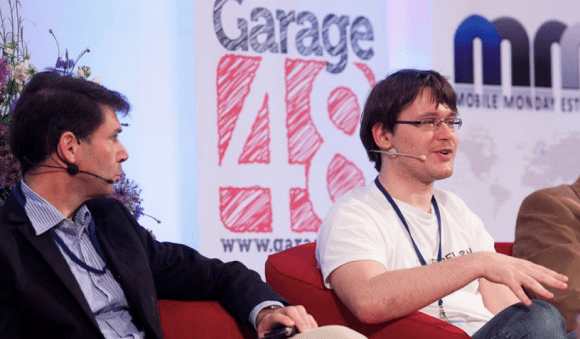 You got an overall sense at the Latitude59 conference that the Baltics are aligning together to become more startup oriented. You could see it in the quality of the pitches, the camaraderie, and the discussions around the event. The Latitude59 conference itself is a signal of that change. The event started off as ITechlaw, a legal conference, and pivoted for the first time this year to become this startup-focused event.
You got an overall sense at the Latitude59 conference that the Baltics are aligning together to become more startup oriented. You could see it in the quality of the pitches, the camaraderie, and the discussions around the event. The Latitude59 conference itself is a signal of that change. The event started off as ITechlaw, a legal conference, and pivoted for the first time this year to become this startup-focused event.
The conference had a wider scope than your average startup conference. The event included panel discussions on the state of biotech and greentech on the first day, but also saw a good deal of focus on web and mobile services and gaming. There’s a wide scope of these innovations happening across the region, so it was good to hear about new things moving and growing.
Speaking at the event were some notables from Silicon Valley and London, Andrew J. Scott from The Kernel, as well investor Ravi Belani. Closer to home we saw ZeroTurnaround CEO Jevgeni Kabanov, Priit Salumaa of Garage 48, Urmas Purde of Pipedrive, and our very own Antti Vilpponen.
A pitching event also took place, with companies all across the Nordic and Baltics. Winning the event was Innovative Parking Solutions, a GPS device-based parking concept, gathering votes from 3 out of 8 VCs. Runners-up included LikeaLocal and WeatherMe. The winner of the event also received two tickets to our Arctic15 conference.
I love Tallinn but am not a fan of the touristy side of things, so personally I was happy to have heard LikeaLocal’s pitch and try out the service for myself. Another cool product demoed at the conference was Fits.me’s clothes-fitting robot, which was pretty futuristic to see in person.
The Baltics are spitting out some high quality companies and stand to benefit from tighter integration from conferences like Latitude59. The Baltic region alone has only around 6 million people, so the region needs tightly focused pan-baltic and nordic events to build the community and face-to-face network effects even the size of Finland’s. That being said, the region seems to be on the right track.




